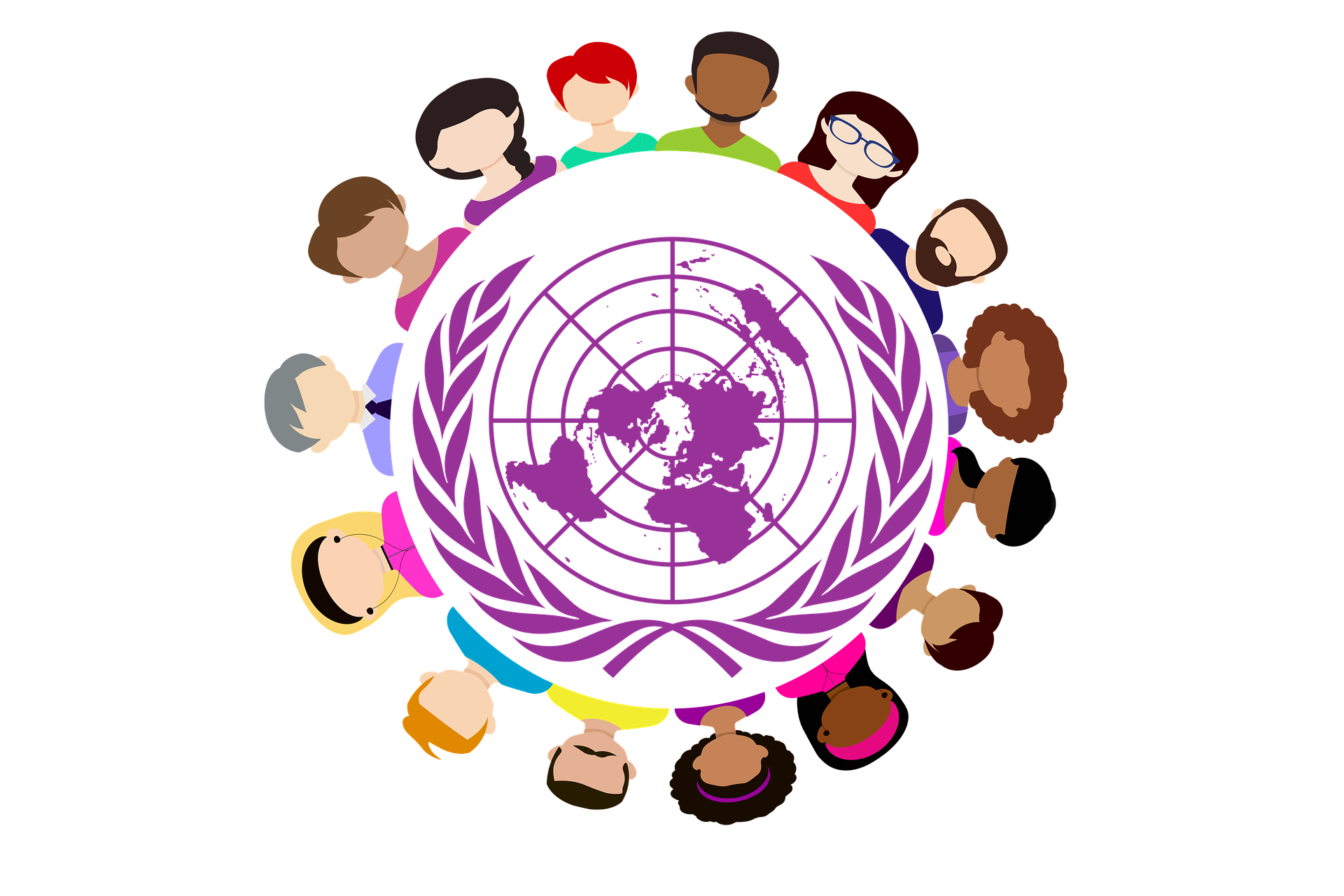How do Lifelong Learning Policies work outside Europe? In order to ask this question, UNESCO has recently developed a platform collecting LLLP policies and strategies and plans from UNESCO Member States and intergovernmental organizations.
It is a very useful tool for people working in the training field or are simply curious and want to learn more about how different countries and cultures address the topic of “ongoing, voluntary and self-motivated pursuit of knowledge for either personal or professional reasons”.
Looking, as an example, to the Swaziland file It is interesting to notice how lifelong learning policies are integrated within the social context. In this case, strategies aim at addressing HIV and AIDS, education and health, targeting early childhood care and development, access to education as well as technical and vocational education and training (TVET). The programme’s goal is ensuring that teachers are fully and recurrently capacitated on issues of counselling, guidance, health, psychosocial support, life skills and Adolescent Reproductive Health.
On the other side, countries like Malaysia haven’t implemented a fully fledged lifelong learning policy yet, and don’t have a monitoring system since there’s a lack of awareness and participation and inadequate financial support.
Moving to America, Mexico is implementing one of the most structured strategies within the analysed countries.
In this case, the Education Sectoral Programme is based on the Vision of Mexico 2030 and the National Development Plan.
This included a consultation phase with relevant stakeholders in order to build a strong and competitive nation in the future. The involved counterparts included, not only schools, but also civil organizations, vocational institutions, the private sector and the media.
However, the Education Sectoral Programme does not provide a concept or definition of lifelong learning, a term which is only used once in reference to the continuing education programmes whose purpose is to upgrade the working population’s skills.
Many other information can be found on the website, however since the information contained in the database are limited to the few members countries of UNESCO, it cannot provide a deep understanding of LLLP policies worldwide, but is a good starting point to make comparisons among different geographical areas.
Source here
